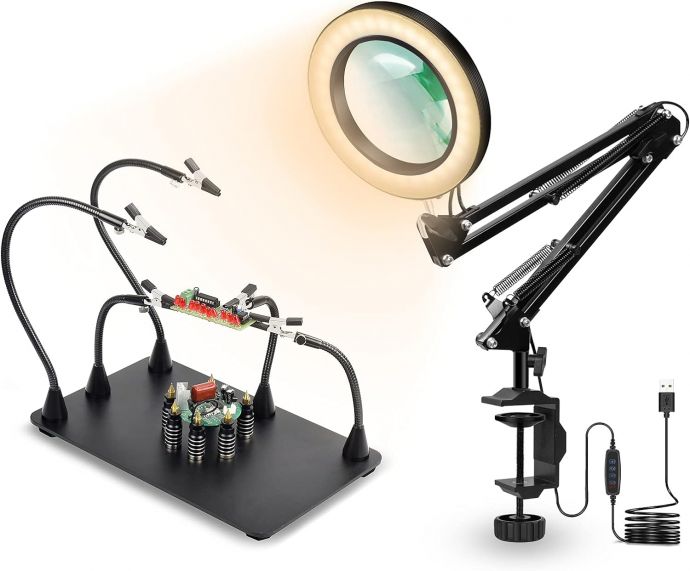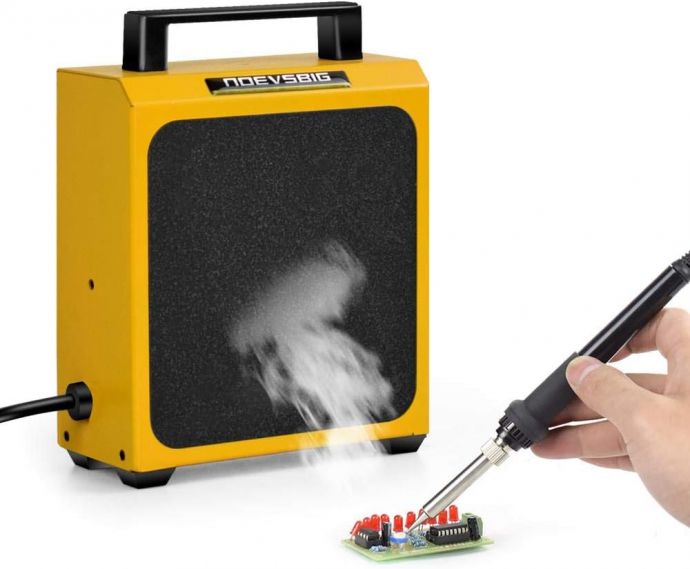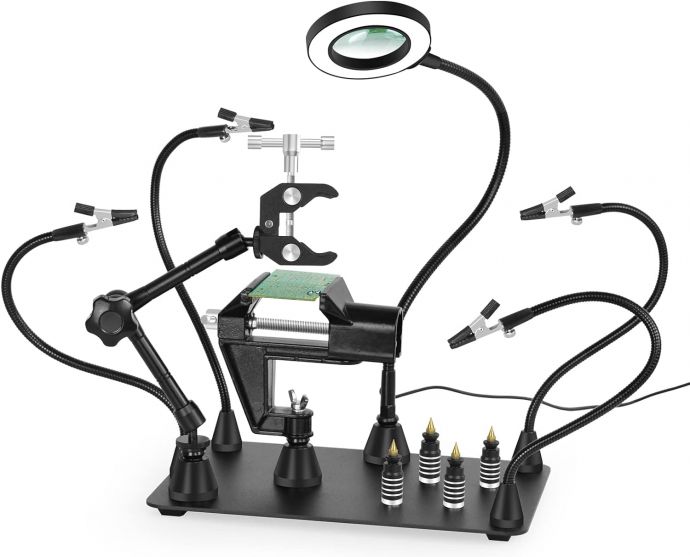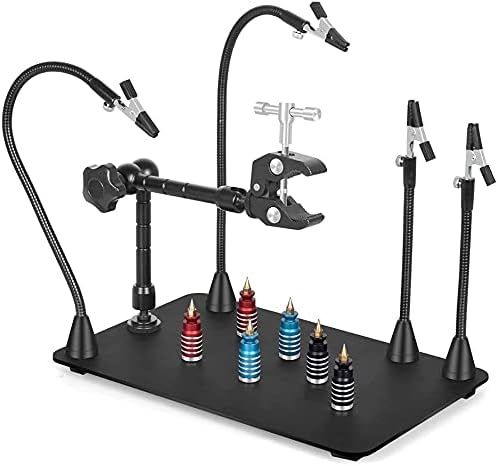In an era where accuracy and detail are more critical than ever, maximizing precision has become a key focal point across various fields, from technology and science to business and art. Precision, commonly defined as the degree to which repeated measurements under unchanged conditions show the same results, is essential for reducing errors, improving quality, and enhancing outcomes. In this article, we will delve into the significance of precision, explore strategies to maximize it, and examine how different industries implement these strategies to ensure excellence.
Precision fundamentally supports decision-making processes. In scientific research, high precision ensures that findings are reproducible and reliable, providing a solid foundation for advancements. In engineering, precision ensures systems function correctly and safely, minimizing risks and maximizing efficiency. For businesses, precision in financial reporting, market analysis, and customer targeting leads to better strategic decisions and increased profitability. The centrality of precision across these fields illustrates its universal importance.

To maximize precision, a systematic approach is necessary. The journey begins with well-defined objectives. Clear goals ensure that every measurement or action is aligned toward achieving a specific outcome. Precision is less about the number of data points collected and more about those data points aligning with the desired objective. When objectives are ambiguous, any precision achieved is likely to be misaligned and, therefore, less impactful.
A foundational component to maximizing precision is the selection of appropriate tools and methodologies. This involves choosing the right instruments, techniques, and technologies to conduct measurements or complete tasks. In scientific experiments, this might mean selecting the most suitable analytical methods. In manufacturing, it could involve the use of advanced machinery calibrated to exact specifications. The right tools reduce the margin of error and increase repeatability, leading to more precise outcomes.
Another critical aspect is skill development and training of personnel. A high level of expertise and competency is required to operate tools effectively, interpret data accurately, and apply methodologies correctly. Continuous training and development ensure that individuals are not only up-to-date with current best practices but also adept at adapting to new techniques and technologies. After all, even the most sophisticated tool is only as good as the person using it.

Precision also hinges on meticulous planning and process optimization. Every step in a process should be evaluated for its impact on the final output. Streamlining processes by removing unnecessary steps, adopting lean principles, and integrating automation where feasible can significantly enhance precision. For example, in manufacturing, adopting a just-in-time production process can minimize waste and ensure that every component meets specifications.
Quality control and standardization play pivotal roles in maintaining precision. Implementing robust quality control systems helps detect and correct deviations promptly. Setting industry or organizational standards creates a benchmark that everyone strives to meet, fostering consistency. In healthcare, for instance, standardized procedures ensure that patients receive the same level of care irrespective of the provider, thereby maximizing precision in treatment outcomes.
The integration of technology has revolutionized precision in many fields. Advanced data analytics, machine learning, and artificial intelligence enable real-time data processing and decision-making with unprecedented accuracy. In finance, algorithmic trading relies on precision to execute trades at optimal moments based on minute market fluctuations. Similarly, in healthcare, AI-driven diagnostic tools offer precise assessments by analyzing complex data sets quickly.

Feedback mechanisms are essential for continuous improvement and precision refinement. Regular audits, reviews, and performance assessments provide critical insights into areas where precision might be lacking. This feedback loop is vital for understanding the root causes of imprecision and developing strategies to address them effectively. In project management, continuous feedback helps ensure that projects remain on track, and any deviations are corrected swiftly, leading to more accurate final outcomes.
Precision in communication is another important facet. Whether it's conveying scientific findings, reporting financial results, or crafting a marketing message, the accuracy and clarity of communication determine how well the information is understood and acted upon. Precision in language use minimizes the likelihood of misinterpretation, ensuring that the intended message is accurately received.
Precision is not just about numbers and data but also about a precise understanding of customer needs and preferences. Businesses that excel at this are more successful at product development and marketing, as they can tailor their offerings to meet specific demands. This customer-centric precision leads to higher satisfaction and loyalty, setting the business apart from its competitors.

Finally, innovation plays a significant role in maximizing precision. Encouraging a culture of innovation allows organizations to explore new methods, technologies, and ideas that can enhance precision. Whether it's through developing new algorithms in tech, creating more efficient production processes, or discovering better diagnostic methods in healthcare, innovation is the driving force behind precision enhancement.
In conclusion, maximizing precision is a multifaceted endeavor that requires clear objectives, the right tools, skilled personnel, and continuous improvement. By integrating these elements into their operations, organizations across various industries can achieve greater accuracy, reliability, and excellence. In a world where competition is fierce and standards are high, precision is not just a goal but a necessity. Embracing precision in all its forms leads to better outcomes, higher quality, and sustained success.






